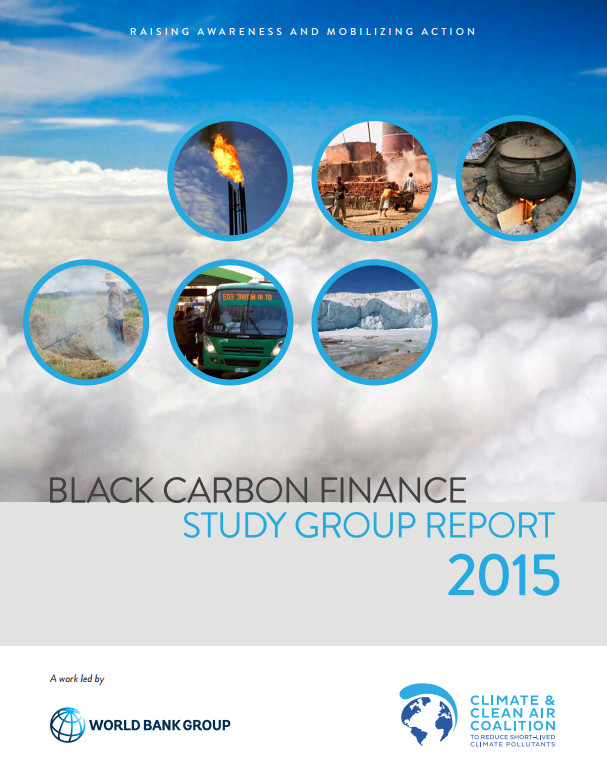In Paris later this year nations will come together to define the terms under which we will aim for zero net emissions in the latter half of the century. It’s then the hard work starts!
The scale of transformation is massive and will take time. Recent work from the World Bank Group offers guidance to nations as they begin the process of creating a zero-carbon future by planning ahead, getting prices right and smoothing the transition for those who stand to be affected. Clearly the focus on carbon is essential. But we must not overlook targeting the so-called short-lived climate pollutants (SLCPs) – including black carbon, methane and some hydrofluorocarbons (HFCs). Recent science indicates that a focus on these short-lived climate pollutants can not only significantly slow anticipated warming over the coming decades - up to half a degree or more by 2050 - but can also save lives.
We know that air pollution kills more than seven million people each year and is the leading environmental risk contributing to the global burden of disease. Black carbon, which includes soot from a diesel bus, cookstoves and other sources used in many parts of the developing world, is a component of fine particulate air pollution adding to this health burden. Black carbon is also particularly effective at warming because it impacts the climate in multiple ways. It warms the atmosphere due to its dark color and ability to absorb the sun’s energy, but it can also settle on snow and ice, increasing melting and speeding the loss of glaciers.
Because of its short lifetime relative to CO2, if we can bring down emissions, we’d quickly start to see the benefits. And those benefits would include not only improving people’s health, but also reducing agricultural loss providing food security. Despite the potential benefits, too few climate, environment or health funds have taken up black carbon mitigation. Yet we do know that there are mechanisms available to use finance for cutting black carbon emissions.
The Finance is There
An innovative partnership, the Climate and Clean Air Coalition brings together nations, organisations, companies, and cities, to reduce short-lived climate pollutants, with the aim of addressing near-term climate change and air pollution. With benefits for air quality, public health, food security and energy efficiency, the CCAC partners feel strongly that reducing short-lived climate pollutants should be a core component of any country’s climate and sustainable development vision.
For this reason, the CCAC commissioned the Black Carbon Finance Study Group (BCFSG) “to review potential strategies for supporting financing flows toward projects that can significantly reduce black carbon emissions.” Facilitated by the World Bank Group, the results of that effort highlight just what is available.
Encouragingly, the report finds, that a number of existing funds - both funds with specific mandates such as clean energy and green cities, and others with broader climate, and health-related mandates, are already in a position to finance businesses, activities, technologies, and policies that will contribute to cutting black carbon emissions. These funds are positioned to embrace results based finance to widen distribution of advanced cookstoves or support reverse auctions to competitively allocate incentives for clean transportation.
Taking advantage of existing funds and approaches to reduce air pollution, save lives, and protect the environment can deliver the kind of local development benefits that many countries are craving. For example, a shift to cleaner transportation, advanced cookstoves, and several other approaches identified by the BCFSG leads to healthier people, greater food and energy security and energy access, and more sustainable transportation solutions.
And as an added bonus, the focus on the black carbon emissions would complement our long-term aim to decarbonize development.
The Way Forward
The BCFSG report is clear. There is no need to wait, given the readily available opportunities today to direct capital, within existing or new funds, toward cleaner cooking and diesel vehicle technology.
Given the urgency of the problem, we need to make every development dollar go as far as possible. A focus on black carbon delivers not only climate benefits but benefits to people and their communities. Donors, philanthropy and international institutions have the right incentives, both globally and locally, to refocus on this important investment opportunity. They should seize the opportunity.


